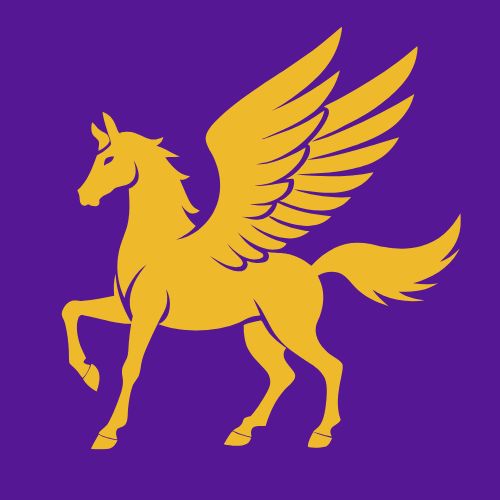6-9 Literature Curriculum
Our 6-9 literature curriculum engages students with classical texts and historical narratives, fostering critical thinking, moral reflection, and a deeper understanding of history.
6th Grade
- The Epic of Gilgamesh – Ancient Mesopotamian epic exploring heroism and mortality.
- Tales from Ancient Egypt – Stories of gods, pharaohs, and ancient Egyptian culture.
- Exodus – Biblical narrative of liberation and faith.
- The Iliad – Homer’s epic of the Trojan War, focusing on honor and conflict.
- The Odyssey – Odysseus’ journey home, filled with adventure and perseverance.
- Aesop’s Fables – Short tales with moral lessons.
- A Triumph for Flavius – A story of courage and loyalty in ancient Rome.
- The Bronze Bow – A tale of faith and resistance in Roman-occupied Judea.
- Tales from the Arabian Nights – Enchanting stories from the Islamic Golden Age.
- Light reading or catch-up (e.g., revisit Aesop’s Fables).
- Buffer for review, essays (e.g., “Was Flavius fair?”), history units (e.g., Roman Republic), or activities (e.g., Greek skit).
7th Grade
- The Story of King Arthur and His Knights – Medieval tales of chivalry and leadership.
- The Once and Future King (Book I: The Sword in the Stone) – Arthur’s youth and magical education.
- The Legend of the Cid – A Spanish epic of honor and reconquest.
- The Adventures of Robin Hood – Tales of justice and camaraderie in Sherwood Forest.
- The Saracen Blade – A Crusades-era story of adventure and cultural clash.
- The Door in the Wall – A medieval boy’s journey of resilience and faith.
- Catherine, Called Birdy – A humorous look at medieval life through a young girl’s eyes.
- Light reading or catch-up (e.g., revisit The Adventures of Robin Hood).
- Buffer for review, essays (e.g., “Was Arthur a true king?”), history units (e.g., Reconquista), or activities (e.g., knight’s shield craft).
8th Grade
- Romeo and Juliet – Shakespeare’s tragic tale of love and conflict.
- The Faerie Queene – Spenser’s allegorical epic of virtue and heroism.
- Twelfth Night – Shakespeare’s comedy of mistaken identities.
- Selected Sonnets (Shakespeare) – Poetic explorations of love and time.
- The Prince and the Pauper – Twain’s tale of swapped identities in Tudor England.
- Selected Poems (Donne) – Metaphysical poetry on love and faith.
- Selected Poems (Herbert) – Devotional poetry with spiritual depth.
- The Pilgrim’s Progress – Bunyan’s allegory of a Christian journey.
- Robinson Crusoe – Defoe’s story of survival and self-reliance.
- Gulliver’s Travels – Swift’s satirical adventure across fantastical lands.
- Light reading or catch-up (e.g., revisit Selected Sonnets).
- Buffer for review, essays (e.g., “Was Edward just?”), history units (e.g., Tudor England), or activities (e.g., perform Twelfth Night scene).
9th Grade
- The Scarlet Letter – Hawthorne’s tale of sin and redemption in Puritan America.
- Selected Works (Edgar Allan Poe) – Gothic tales and poems exploring the human psyche.
- Huck Finn – Twain’s exploration of friendship and morality on the Mississippi.
- Selected Poems – Various American poets, reflecting diverse themes.
- The Great Gatsby – Fitzgerald’s critique of the American Dream.
- The Grapes of Wrath – Steinbeck’s portrayal of resilience during the Great Depression.
- To Kill a Mockingbird – Lee’s story of justice and empathy in the segregated South.
- Catcher in the Rye – Salinger’s coming-of-age tale of alienation.
- The Old Man and the Sea – Hemingway’s story of perseverance and honor.
